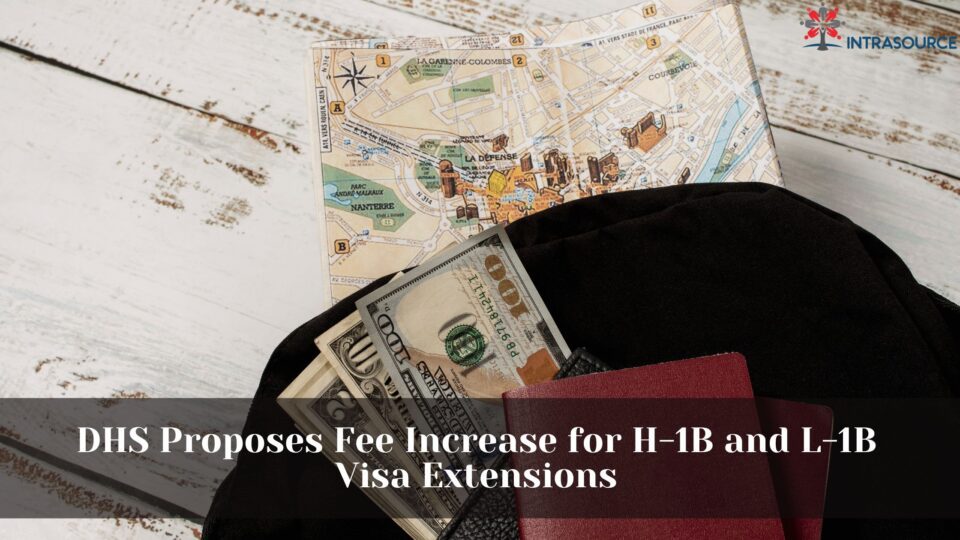A portion of the biometric entry-exit fee and 9/11 response by DHS
Employers may soon need to pay thousands more to extend work visas for foreign workers. In a new proposed rule, the Department of Homeland Security (DHS) is considering requiring employers to pay $4,000 to extend an H-1B visa and $4,500 to extend an L-1 visa as part of the 9/11 Response and Biometric Entry-Exit Fee. Currently, employers only pay this fee for initial petitions or when there is a change of employer.
Background on the 9/11 Response Fee
The 9/11 Response and Biometric Entry-Exit Fee funds national security programs, including a system that tracks the entry and exit of non-U.S. citizens. Established by the Consolidated Appropriations Act of 2016, this fee applies to certain H-1B and L-1 visa petitions.
Current Fee Structure
As it stands, the fee structure includes:
- H-1B Petitions: $4,000
- L-1 Petitions: $4,500
This fee is levied on employers with 50 or more employees in the United States, provided more than 50% of those employees are on H-1B or L-1 visas. Currently, the fee is required only for initial petitions or when there is a change of employer.
Proposed Changes
The new rule proposes extending this fee requirement to cover extension petitions as well. This implies that in addition to filing new H-1B or L-1 applications or switching employers, qualifying firms would also have to pay the $4,000 or $4,500 cost when extending the work tenure of current H-1B or L-1 visa holders.
Reasons for the Change
DHS has cited several reasons for proposing this rule change:
- Increased Funding Needs: Expanding the fee to extension petitions will provide additional funds necessary for ongoing operation and enhancements to the biometric entry-exit system.
- Consistency and Fairness: The change aims for a consistent and fair application of fees across all petition types, ensuring contributions to national security measures regardless of petition type.
- Enhanced Security: Sufficient funding ensures DHS can maintain and improve its biometric entry-exit system, crucial for monitoring immigration and enhancing national security.
Impact on Employers
Should this rule go into effect, employers subject to this fee will face increased costs associated with H-1B and L-1 visa petitions. This could particularly impact large companies that heavily rely on these visas for their workforce.
For instance, these additional financial requirements will especially burden an employer needing multiple H-1B or L-1 extensions.
Public Comments and Next Steps
The Department of Homeland Security (DHS) is currently inviting public comments on the proposed rule. Stakeholders and members of the public are encouraged to submit their feedback during the open comment period, which concludes on July 8, 2024.


